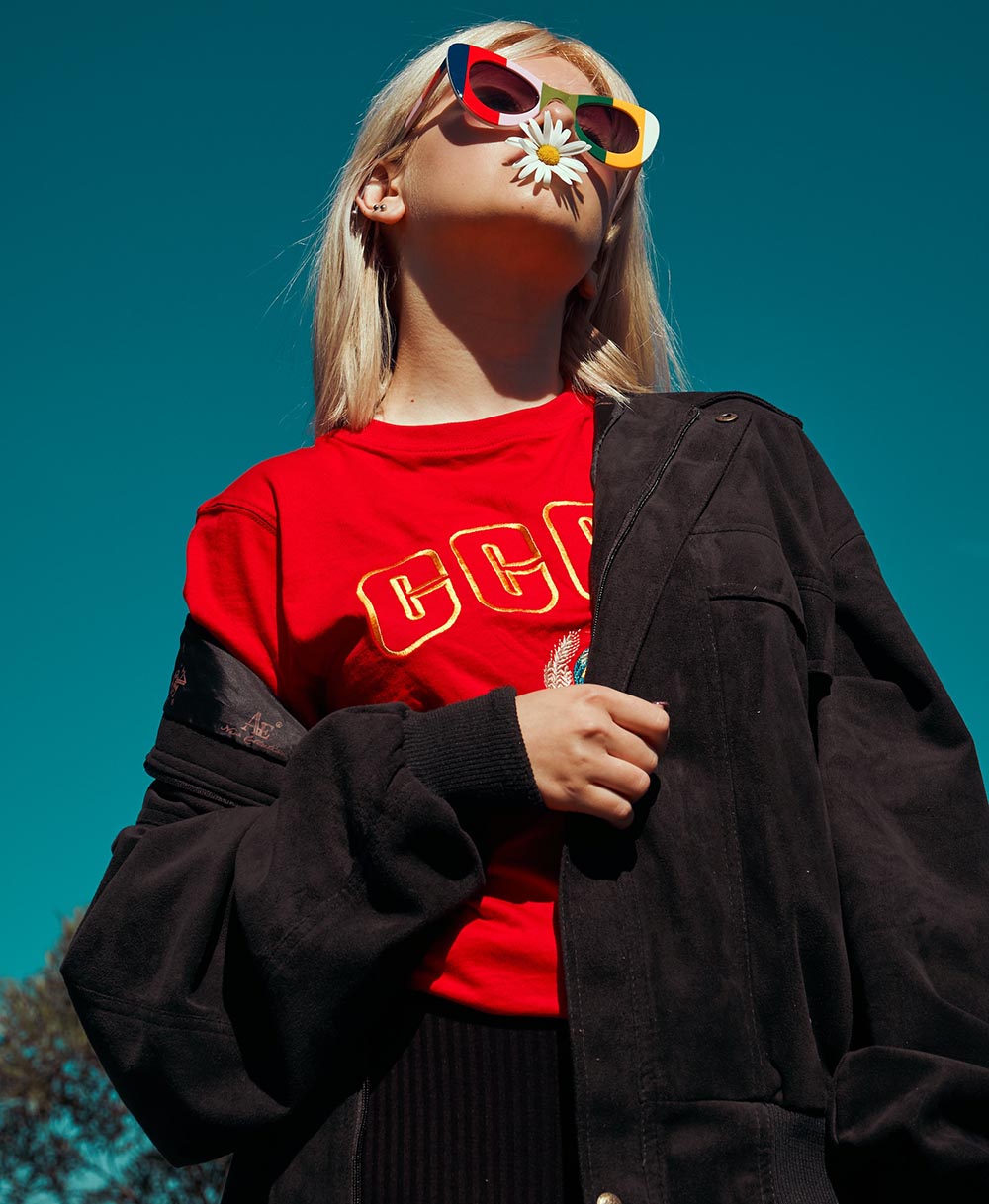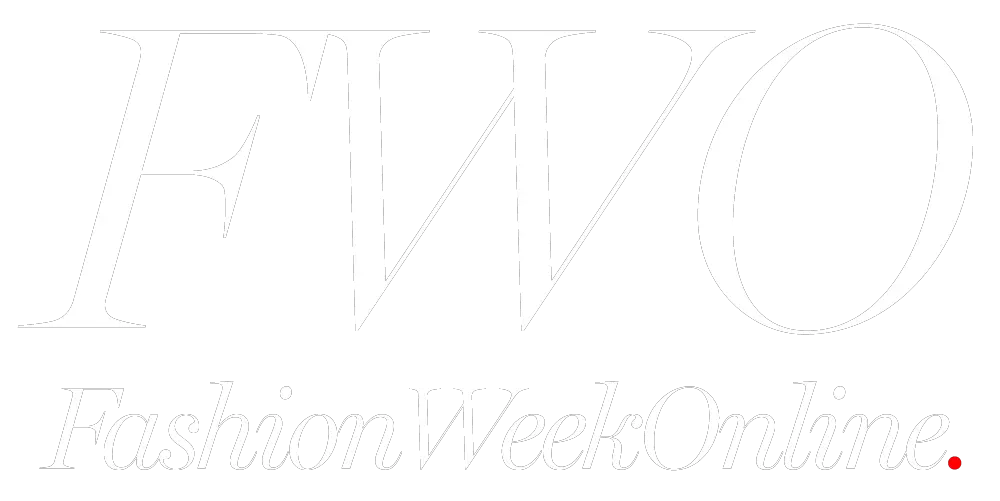Embarking on a journey into ethical fashion can seem overwhelming, but it’s one of the most rewarding paths you could take. This space is about responsible consumption, protecting our planet, and ensuring fair conditions for workers.
Though the world of ethical fashion is vast and multi-faceted, fear not! We’re here to guide you through some critical points to consider.
10 Things to Know About Ethical Fashion for Newbies
From understanding its purpose to recognizing greenwashing tactics, we’ll explore essential aspects that will equip you with knowledge and inspire you to become a conscious consumer.
First off, it’s essential to understand what ethical fashion is. In simple terms, ethical fashion refers to clothing produced with respect for people and the planet. It involves fair working conditions, sustainable production methods, and proper waste management.
Ethical fashion may seem pricey compared to fast fashion, but there’s a reason for it. Ethical brands prioritize quality materials and fair wages for their workers. Although you might pay more upfront, these items typically last longer, providing better value per dollar in the long run.

As more and more brands adopt ethical fashion, they’re becoming easy to find. Not only can you find ethical clothes in your city, but online as well. For example, you can find ethical brands near you by using the Ethical-Clothing search engine or by shopping locally in your city.
A brand that is genuinely ethical will be transparent about its manufacturing process. Check labels or websites for information about where and how items are made. Brands that hide this information are usually not practicing ethical manufacturing, or they’re at least hiding something.
Ethical fashion isn’t just about humans; it’s also about protecting our environment and ecosystem, too. This means using organic or recycled materials and reducing water usage during production—all steps taken to reduce the environmental impact of clothing.
Embracing ethical fashion means considering the impact on animals. Ethical brands commit to cruelty-free practices. They refuse to use materials like fur, leather, or any other product directly derived from animals. Supporting such brands allows you to contribute to a more humane world.
When you prioritize buying timeless classics over fast-fashion trends, you’ll get more wear out of them. Not only that, but ethical fashion is a trend in and of itself, and it’s probably not going away anytime soon. A big reason for this is our focus on reducing the effects of climate change.
Providing support for small labels is very important. Smaller brands typically have better control over their manufacturing processes and labor practices. Your patronage can empower them to continue adopting sustainable practices, aiding in the wider movement towards ethical fashion.
Beware of greenwashing–the deceptive marketing ploy where brands claim to be green or eco-friendly. Examine their sustainability claims, consider their supply chain, and do your own research to ensure you’re supporting truly ethical brands, not being swayed by empty promises.
As you embrace ethical fashion, it’s important to educate others about its significance. Share your knowledge on sustainable and ethical consumption with people. Spreading awareness promotes a larger shift toward conscientious consumerism and a more equitable world.
In Conclusion…
Now that you’ve brushed up on ethical fashion, we encourage you to take the next step. Support the brands that are transforming the industry, spread the word among your circles, and make conscious choices when shopping. Remember, every piece of clothing carries a story!
##


